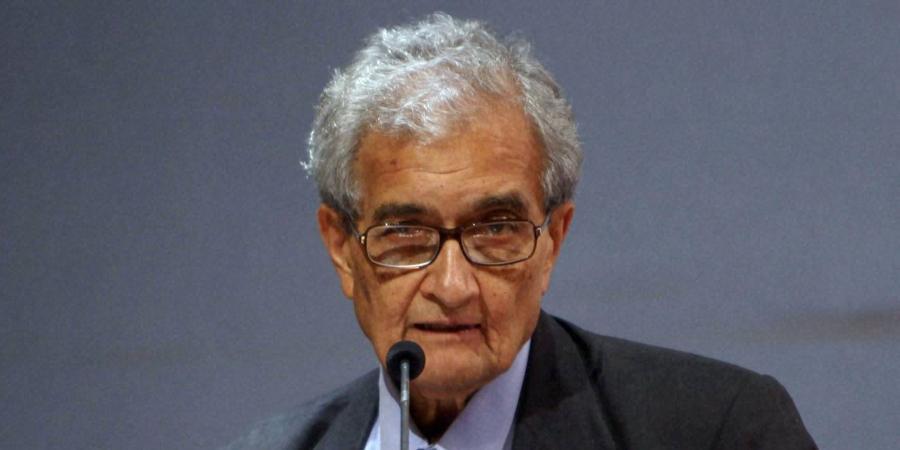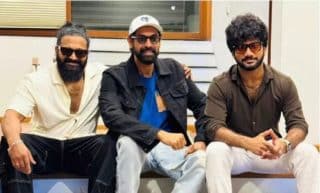 LONDON: Indian economist and Nobel Laureate Amartya Kumar Sen has been conferred with Spain’s top Princess of Asturias Award in the social sciences category, the Spanish prize foundation announced on Wednesday.
LONDON: Indian economist and Nobel Laureate Amartya Kumar Sen has been conferred with Spain’s top Princess of Asturias Award in the social sciences category, the Spanish prize foundation announced on Wednesday.
Sen, 87, was selected out of the 41 candidatures from 20 nationalities put forward for the Social Sciences Award, the Princess of Asturias Foundation said in a press release.
“His research on famines and his theory of human development, welfare economics and the underlying mechanisms of poverty have contributed to the fight against injustice, inequality, disease and ignorance,” it said.
The award comprises a Joan Miro sculpture representing and symbolising the Award, a diploma, an insignia and a cash prize of 50,000 Euros.
His candidature was put forward by Javier Parrondo, Director General of Casa Asia (Barcelona).
The jury announced the award online via a video conference due to the situation resulting from the COVID-19 pandemic.
In his best-known work, ‘Poverty and Famines.
In an Essay on Entitlement and Deprivation (1981)’, Sen demonstrated that hunger is not a consequence of the lack of food, but rather of inequalities in its mechanisms of distribution, the release said.
His contributions to the development of economic and social indicators have been the concepts of capabilities and positive freedom, the real capacity of a person to be or to do something, as opposed to negative freedom, a common concept in economics focussing on non-interference.
His school of thought has helped redirect development plans and a number of United Nations policies, it said.
The Princess of Asturias Award for Social Sciences is granted to “creative and/or research work in the field of history, law, linguistics, teaching, political science, psychology, sociology, ethics, philosophy, geography, economics, demography or anthropology, as well as in the disciplines corresponding to each of these fields,” it said.
Sen received his PhD from the University of Cambridge (UK) and taught Economics at the Indian Universities of Calcutta and Delhi, the London School of Economics, and the Universities of Oxford (UK) and Harvard (USA).
He is the Thomas W. Lamont University Professor and Professor of Economics and Philosophy at Harvard University.
He won the Nobel Prize in Economics in 1998.
























